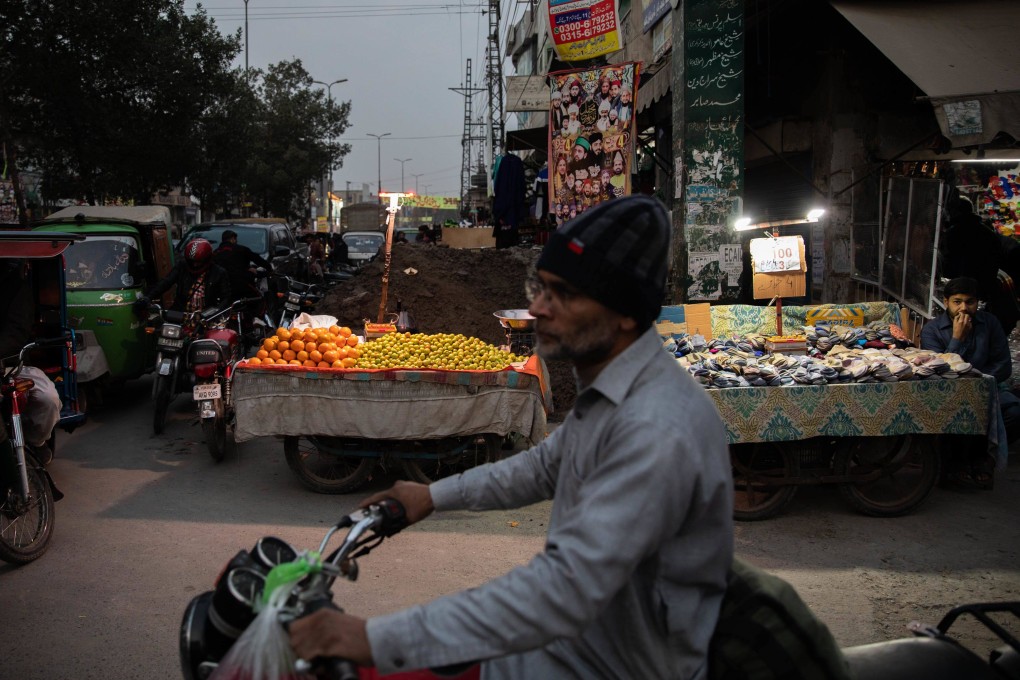Letters | Global South must shape its own development, starting with knowledge production
- Readers discuss the need for former colonies to forge their own path to development, and the plight of Hong Kong’ unemployed and homeless

Many former colonies remain constrained by colonial dominance in their ways of knowing, seeing and envisioning the world. From the academy that hinges development on cookie-cutter indicators, indices and theories to statesmen who equate progress with exogenous assistance and acknowledgement – such as removal from grey lists, “favourable” conditionalities, donor-funded projects and capacity-building programmes – development in the Global South is largely shaped, controlled, monitored, penalised and incentivised by entities other than itself.
A nascent body of post-development literature contends that borrowed development prescriptions create an artificial form of development that triggers tensions, uncertainties and social conflict.
The Global South faces a knowledge production crisis. In the absence of indigenous pedagogical tools and knowledge frameworks, policymakers cannot craft contextually relevant policies without exogenous technical assistance engineered to safeguard hegemonic interests.